Healing Strides
There are moments in life where you feel inspired by others. This week has been one of them for me. Life brought me to Roanoke VA and I took the opportunity to spend time with my good friends at Healing Strides of VA. It would be an over simplification to call Healing Strides a therapeutic riding program. It is a place that is rich with opportunity for healing and growth for everyone.
There are few places on this earth I feel as welcomed and valued. And, I know that each person they meet feels the same way because it a core element of their culture. From the clients they serve to their dedicated staff to their generous and enthusiastic volunteers, they take the time and make the effort to truly see each other and connect.
There are times I get so busy with life that the inspiration all around me gets lost. I frequently remind people that what we pay attention to is what we experience. So today, I want to share a simple reminder to take a moment, shift your focus, and look for inspiration in your world. It is likely that you will not have to look very far.
I know, in my heart of hearts, that in being inspired I shine a bit more brightly in the world. Let us all shine! ~ Paul
PC – @eringilmorephotography @eringilmorephotos











